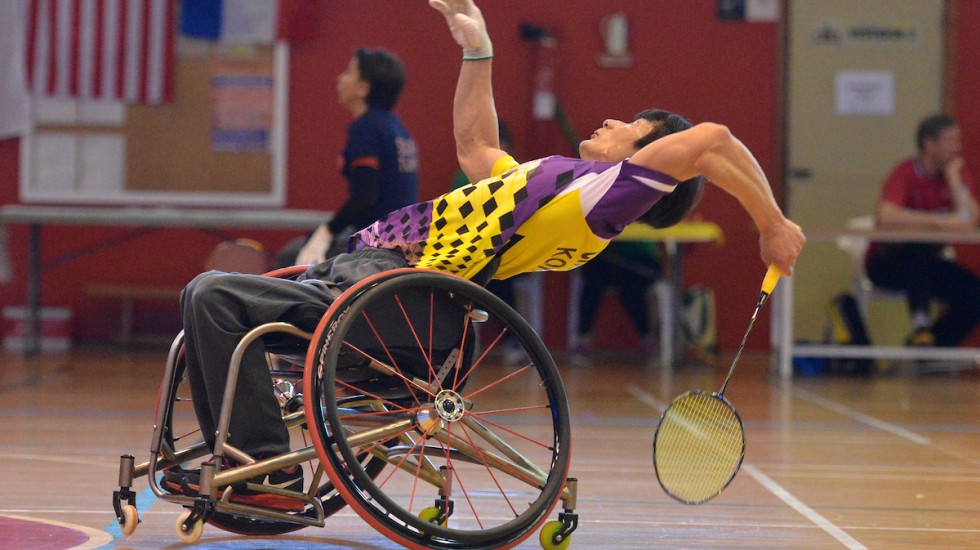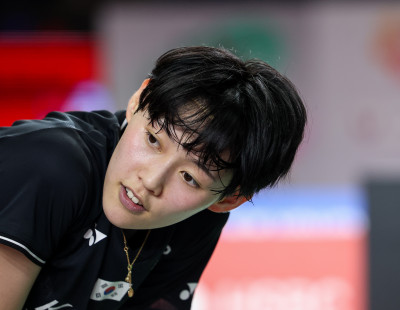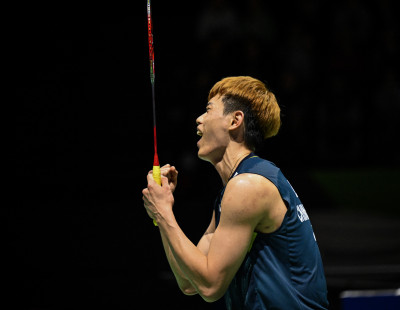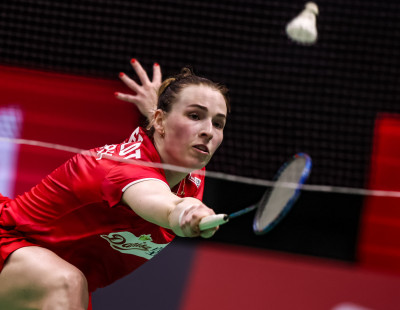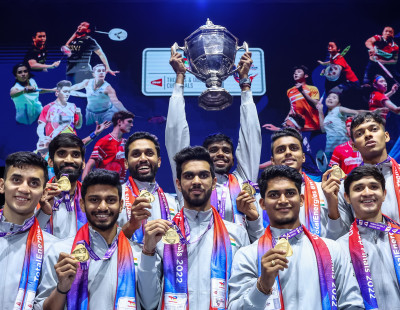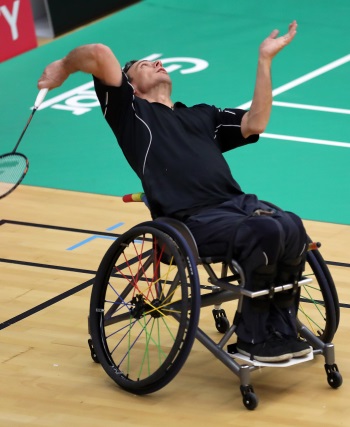 Wheelchair para-badminton is one of the focus areas of study in the Sports Science research projects approved for 2017-2018.
Wheelchair para-badminton is one of the focus areas of study in the Sports Science research projects approved for 2017-2018.
While five of this year’s projects deal with injury prevention and health, the other five are on diverse areas such as para-badminton, identification of talent, psychology, analysis of scoring systems and exercise physiology.
Aline Miranda Strapasson of the State University of Campinas, Brazil, will study wheelchair para-badminton, which is part of the programme at the Tokyo 2020 Paralympics. The study will address the characteristics of wheelchair para-badminton (time, space and action aspects) and the differences between the two categories of WH 1 and WH 2. The results of this study are expected to provide useful inputs for coaches in planning training sessions for their athletes.
Dr Tengku Fadilah bt Tengku Kamalden, Dr Johan Pion, Prof Matthieu Lenoir and Dr Saidon Amri of Universiti Putra Malaysia, HAN University of Applied Science, Ghent University and Badminton Association of Malaysia (BAM) respectively will examine the identification of talented badminton players using bio-banding.
This study, part of a long-term research effort by three institutions and BAM, seems to examine the development of a tool that will identify talent based on potential. Bio-banding – grouping athletes based on attributes associated with growth and maturation rather than chronological age – seeks to improve the talent pool in badminton by screening the performance characteristics of junior elite players.
Sport psychology finds a place with Yun-Dih Chia-Smith of Loyola University Maryland, USA, examining psychobiosocial states in badminton players. This has relevance for players being able to manage their emotional states during a match; to maintain high quality performance, and for coaches seeking to understand their players better.
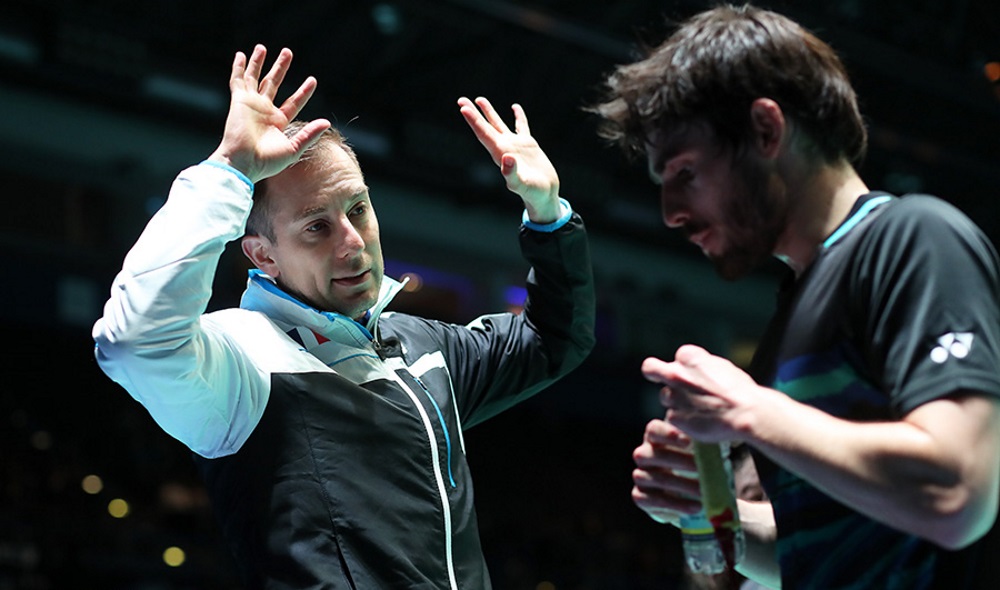
Tobias Vogt and Daniel Hoffman of German Sport University will do a comprehensive analysis of game characteristics of the rally point scoring system from 2007 to 2017. The research is expected to help trainers and players optimise their training routines and match strategies.
Prof Michael Duncan and Dr Emma Eyre of Coventry University, UK, look at whether badminton can be effective in enhancing Fundamental Movement Skills (FMS), physical activity and motivation for fitness in children aged 7-9 years. Fundamental Movement Skills have relevance in children’s future sport specialisation, academic achievement and overall improved physical activity and health. The effectiveness of BWF’s Shuttle Time programme in enhancing FMS in children will also be evaluated.


















